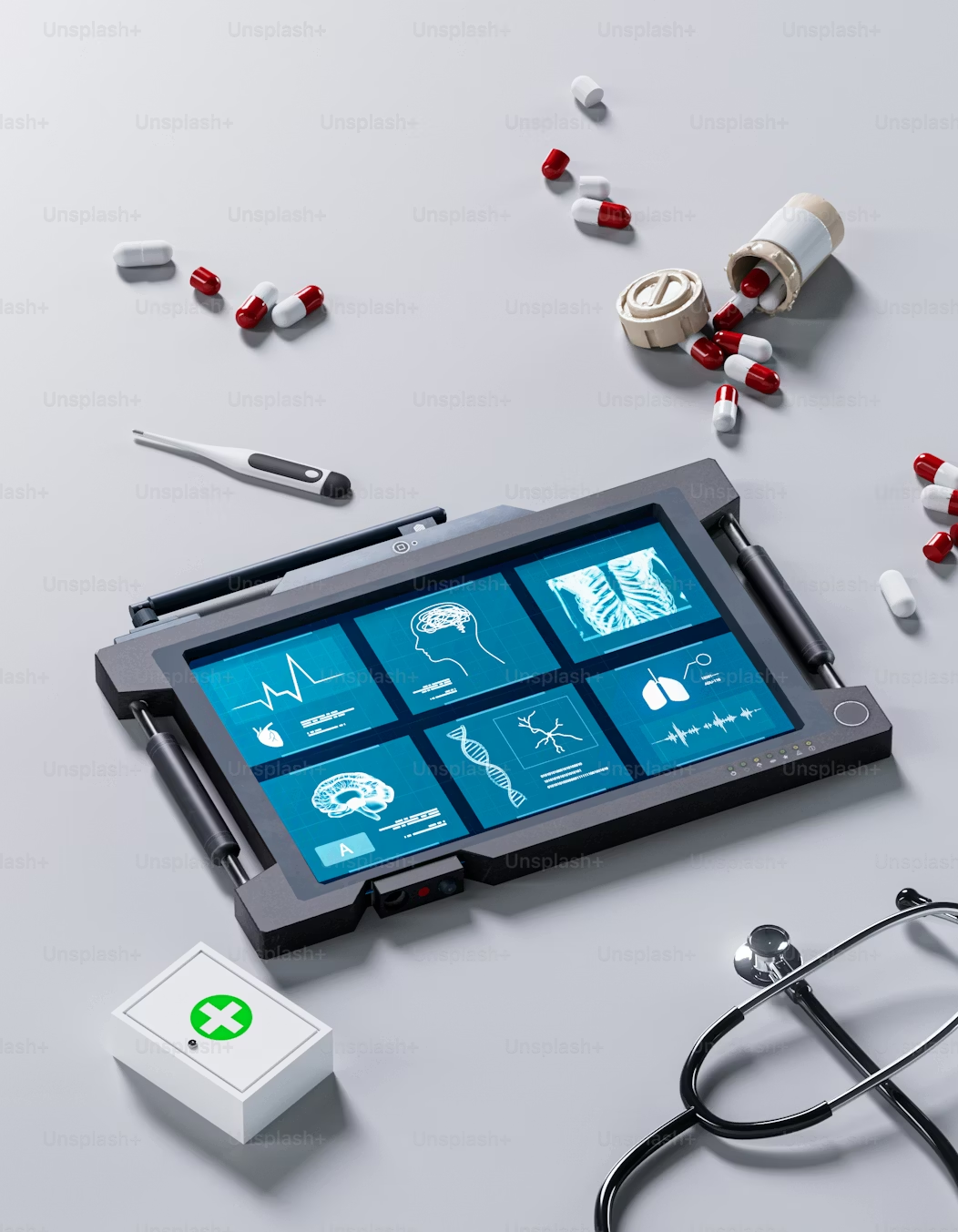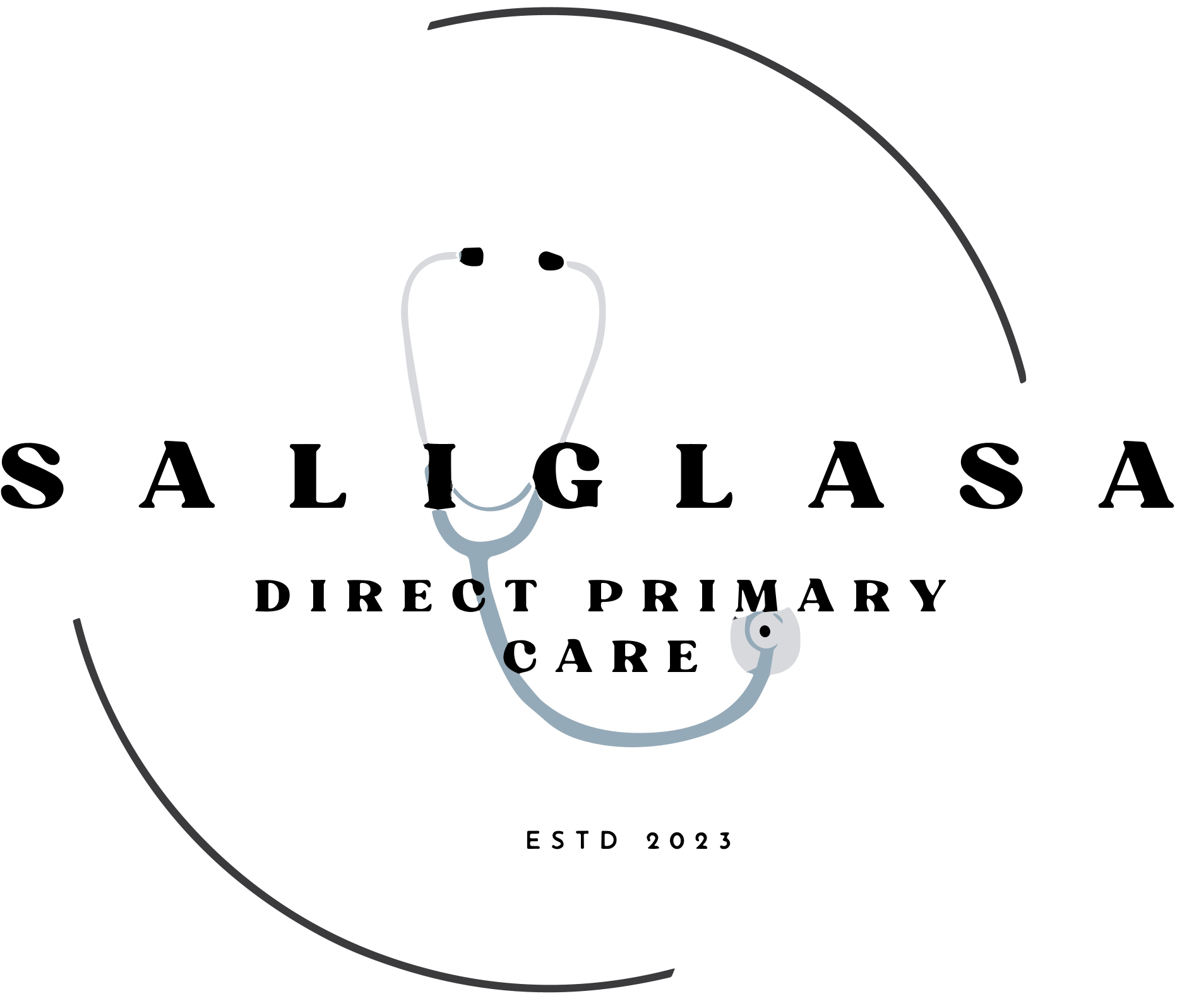Saliglasa Blogs

Artificial Intelligence: What will it mean for healthcare?
When I saw the movie Her (Joaquin Phoenix and Scarlett Johansson, 2013), a romantic story between Theodore and a conscious operating system named Samantha it seemed an unlikely science fiction story back then. Well now,

The Business of Supplements and Patient Safety
The global dietary supplement business was estimated at close to 200 billion dollars in 2024 and is estimated to reach 400 billion by early 2030s. Nearly 70% of U.S. adults take at least one supplement,

Examining Healthcare Service Conformity
I recently underwent a relatively minor surgical procedure that went smoothly and without complications. It was performed by an experienced and kind physician who came highly recommended by a colleague. In the recovery room, a

Still Too Broken to Fix
In April 2021, the Connecticut Mirror, an independent digital journal, published an op-ed I wrote about our healthcare system titled “A Healthcare System Too Broken to Fix.” I wrote that piece while serving as the

Physician Burn Out
Burnout among physicians is not simply a personal problem; it’s a systemic issue with profound consequences for patient care, healthcare costs, and the sustainability of the workforce.In past research, family physicians and general internists working
